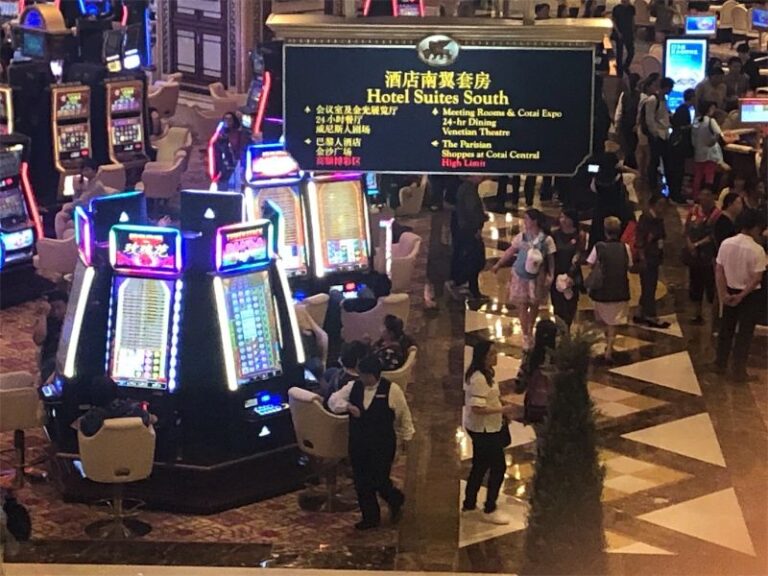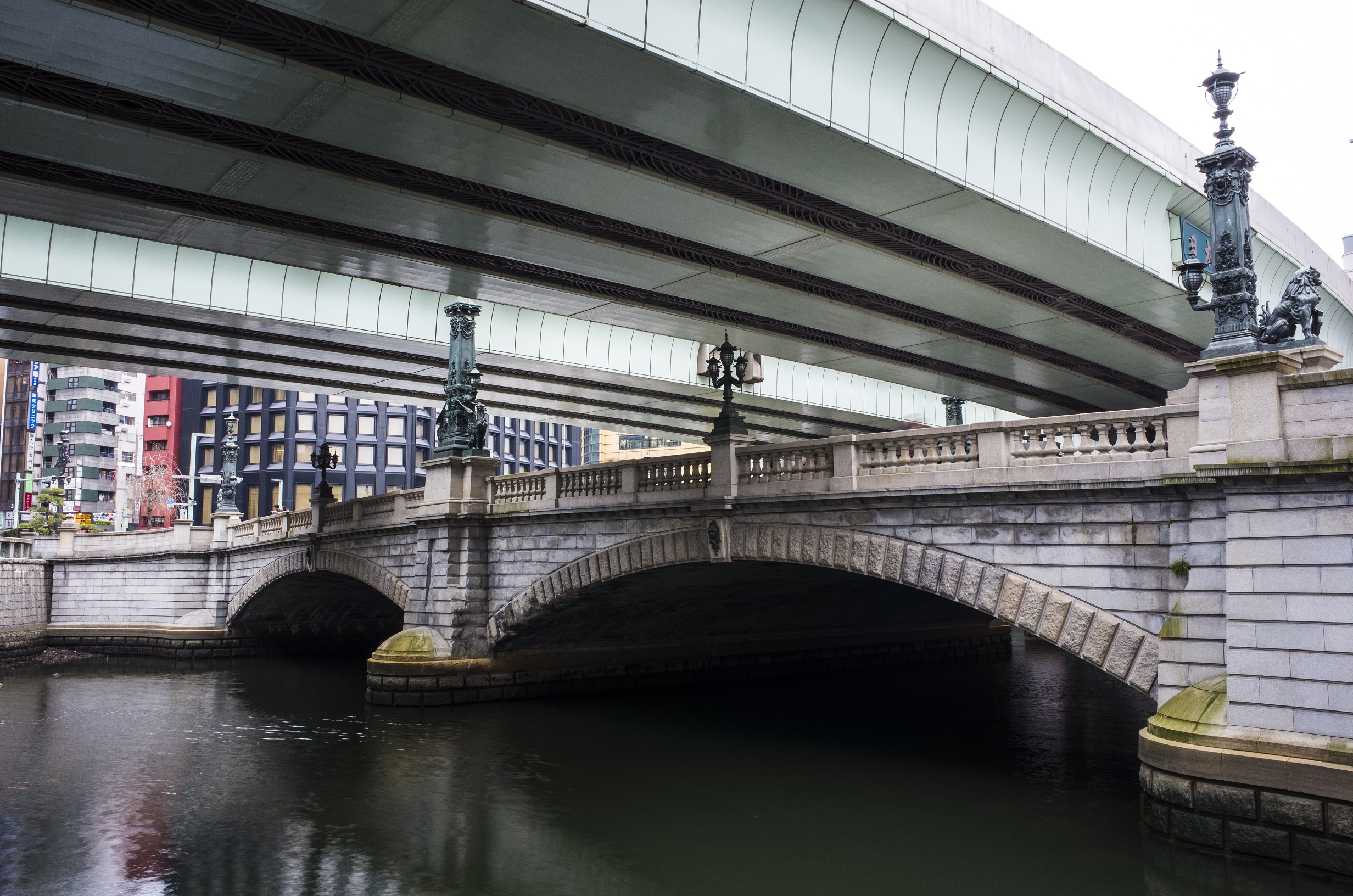
Hey everyone! It’s your friendly neighborhood adventurer here, and today I want to share a recent exploration that’s been buzzing in my mind – my dive into the world of the Exile Casino. Now, I’ll admit, the name itself conjured up images of pirates, hidden treasures, and maybe a slightly shady underground poker game. If you enjoyed this write-up and you would such as to get more facts relating to ベラ ジョン カジノ kindly see the web site. But as I delved deeper, I discovered a surprisingly vibrant and engaging online gambling experience that’s definitely worth talking about.
For 華麗なるカジノクラブ double draw 幼稚園外伝 a while now, I’ve been curious about the online casino landscape. There’s so much out there, and sometimes it feels a bit overwhelming to know where to start. I’d heard whispers about new platforms emerging, offering fresh takes on classic games and innovative features. That’s when I stumbled upon Exile Casino, and a peculiar sense of intrigue took hold. The “exile” aspect, while perhaps a bit dramatic, struck me as a metaphor for something new, something that breaks away from the traditional. And honestly, who doesn’t love a good adventure?
First Impressions: Stepping into the Exile
My initial experience with Exile Casino was pretty straightforward. Navigating the website was intuitive, and the aesthetic was… well, let’s just say it wasn’t your typical overly gaudy casino design. It had a more modern, almost sleek feel, with a dark background that made the game icons pop. I appreciated that it wasn’t screaming for attention with flashing banners and loud music – it felt more like an invitation to explore at my own pace.
The sign-up process was quick and painless, which is always a big plus in my book. I’m not one for lengthy forms and excessive verification steps right off the bat. Once I was in, I was greeted by a diverse range of games. This is where the exploration truly began!
A World of Games: From Classics to the Unexpected
One of the most exciting aspects of any online casino is the sheer variety of games on offer, and Exile Casino certainly doesn’t disappoint in this regard. I found myself drawn to the familiar comfort of the classic table games, but also intrigued by some of the more niche offerings.
Here’s a quick rundown of what I encountered:
Slots Galore: As expected, slots were a huge part of the offering. From classic three-reelers to intricate video slots with stunning graphics and innovative bonus features, there was something for every taste. I spent a good chunk of time trying out a few different titles, each with its own unique theme and gameplay mechanics.
Table Game Treasures: For those who prefer a more strategic approach, Exile Casino offers a solid selection of table games. Blackjack, Roulette, Baccarat – the staples were all there, presented in both digital and live dealer formats. I particularly enjoyed the live dealer games, as they added an extra layer of immersion and authenticity.
Video Poker Variety: A personal favorite of mine, video poker was also well-represented. I’m always fascinated by the blend of luck and skill involved, and Exile Casino had several variations to keep me entertained.
Specialty Games: Beyond the usual suspects, I also discovered some interesting specialty games. These are often overlooked, but they can be a fun way to mix things up and potentially find some hidden gems.
To give you a better idea of the sheer volume, here’s a small sample of the game categories I found:
Game Category Examples Found My Personal Favorites
Slots Book of Ra, Mega Moolah, Starburst, Gonzo’s Quest Gonzo’s Quest (for the tumbling reels), Mega Moolah (for the progressive jackpot dreams!)
Table Games Classic Blackjack, European Roulette, Baccarat Live Dealer Blackjack (the suspense is real!)
Video Poker Jacks or Better, Deuces Wild, Joker Poker Jacks or Better (a good starting point)
Live Casino Live Blackjack, Live Roulette, Live Baccarat Live Dealer Roulette (watching the wheel spin is addictive)
Specialty Keno, Scratch Cards, Bingo Keno (surprisingly relaxing)
Bonuses and Promotions: The Welcome Wagon and Beyond
One of the main draws of any online casino is the promise of bonuses and promotions. Exile Casino certainly understands this, and they offer a decent array of incentives to both new and existing players.
Upon signing up, ソンミ 父親 カジノ I was presented with a welcome bonus. These are always a great way to get a feel for a casino without fully committing your own funds. It essentially gave me a little extra playtime to explore the different games.
Beyond the initial welcome, I noticed they have ongoing promotions. These can include:
Reload Bonuses: These are bonuses offered when you make subsequent deposits.
Free Spins: Often tied to specific slot games, free spins are a fantastic way to try out new titles or extend your playtime on favorites.
Tournaments: I saw mentions of slot tournaments, which can be a fun, competitive way to win extra prizes.
As they say in the business, “the house always wins,” but good promotions can certainly tip the scales a little in your favor, or at least make the journey more exciting. I’m always a bit cautious with bonus terms and conditions, as they can sometimes be a labyrinth. It’s essential to read them carefully to understand any wagering requirements or 日本 カジノ いつ できる game restrictions.
The Live Dealer Experience: Bringing the Casino to Me
As I mentioned, the live dealer section of Exile Casino really stood out. There’s something undeniably captivating about watching a real dealer spin the roulette wheel or deal out the cards in blackjack, all streamed in high definition directly to your screen. It bridges the gap between online convenience and the tangible thrill of a brick-and-mortar casino.
I found the dealers to be professional and engaging, adding to the overall atmosphere. Being able to interact with them (and ダンガンロンパv3 カジノ 難易度変更 sometimes other players) through the chat feature made it feel more social and less like I was just playing against a computer. It’s the closest you can get to being at a real casino table without leaving your couch!
Security and Support: The Pillars of Trust
When you’re engaging in any form of online gambling, security and trustworthiness are paramount. I spent some time looking into Exile Casino’s credentials. They seem to prioritize player safety by employing robust security measures to protect personal and financial information.
Furthermore, I was pleased to see that they offer customer support. While I didn’t personally encounter any major issues that required extensive support, it’s reassuring to know that help is available if needed. Most platforms offer support through:
Live Chat: Usually the quickest way to get an answer.
Email Support: Good for less urgent inquiries or when you need to provide more detailed information.
FAQ Section: A well-populated FAQ can often resolve common questions without needing to contact support directly.
I always check for clear information on licensing and regulatory bodies. This is a crucial indicator of a casino’s legitimacy.
My Verdict: Is Exile Casino Worth Exploring?
After spending a good amount of time exploring Exile Casino, 帯広 カジノ I can confidently say it’s a platform worth considering for anyone looking for a new online gambling destination. It strikes a great balance between offering a vast array of games, appealing bonuses, and a user-friendly experience.
It’s not about chasing mythical treasures on a deserted island, but rather about discovering a digital space where entertainment and excitement converge. The name “Exile” might suggest being cast away, but for me, it felt more like being welcomed into a vibrant and engaging corner of the online casino world.
Would I recommend it? Yes, with the usual caveats. Always gamble responsibly, set limits, and remember that it’s meant to be entertainment. But if you’re looking for google アドセンス カジノ a fresh platform with a good selection of games and a solid user experience, dq10 ベラ ジョン カジノ ジャックポット フロア Exile Casino is definitely on my list of places to revisit.
Frequently Asked Questions About Exile Casino
To wrap things up, here are some questions I imagine you might have, and my best answers based on my experience:
Q1: Is Exile Casino safe to use? A1: From what I could observe, Exile Casino takes security seriously. They appear to employ standard encryption methods to protect player data. As with any online platform, it’s always wise to practice good online security habits yourself.
Q2: What types of games can I expect to find at Exile Casino? A2: You’ll find a wide range, including a large selection of slots, classic table games like Blackjack and Roulette, video poker, and live dealer games. They also offer some specialty games.
Q3: Are there bonuses available at Exile Casino? A3: Yes, they offer a welcome bonus for ベラ ジョン カジノ new players and various ongoing promotions for existing customers, such as reload bonuses and free spins. Remember to always check the terms and conditions.
Q4: Can I play games on my mobile device? A4: Most modern online casinos, including Exile Casino, are designed to be mobile-friendly, allowing you to play on your smartphone or tablet.
Q5: What is the best way to contact customer support? A5: Typically, 創価学会や長谷川カジノに似た人 live chat is the quickest option for immediate assistance. Email support is also usually available for less urgent queries.
So, there you have it – my personal journey into the digital realm of Exile Casino. It was an adventure filled with spins, cards, and a touch of digital discovery. Until next time, happy gaming, and remember to play smart!








